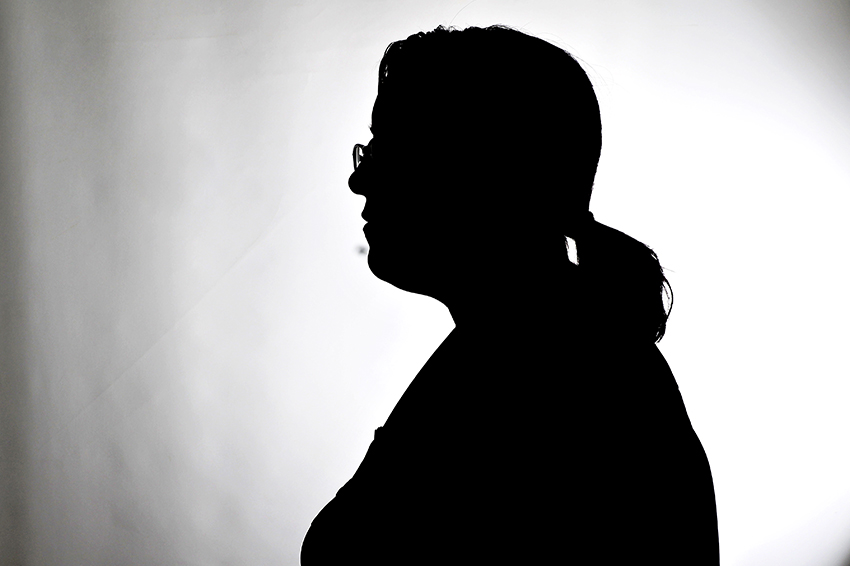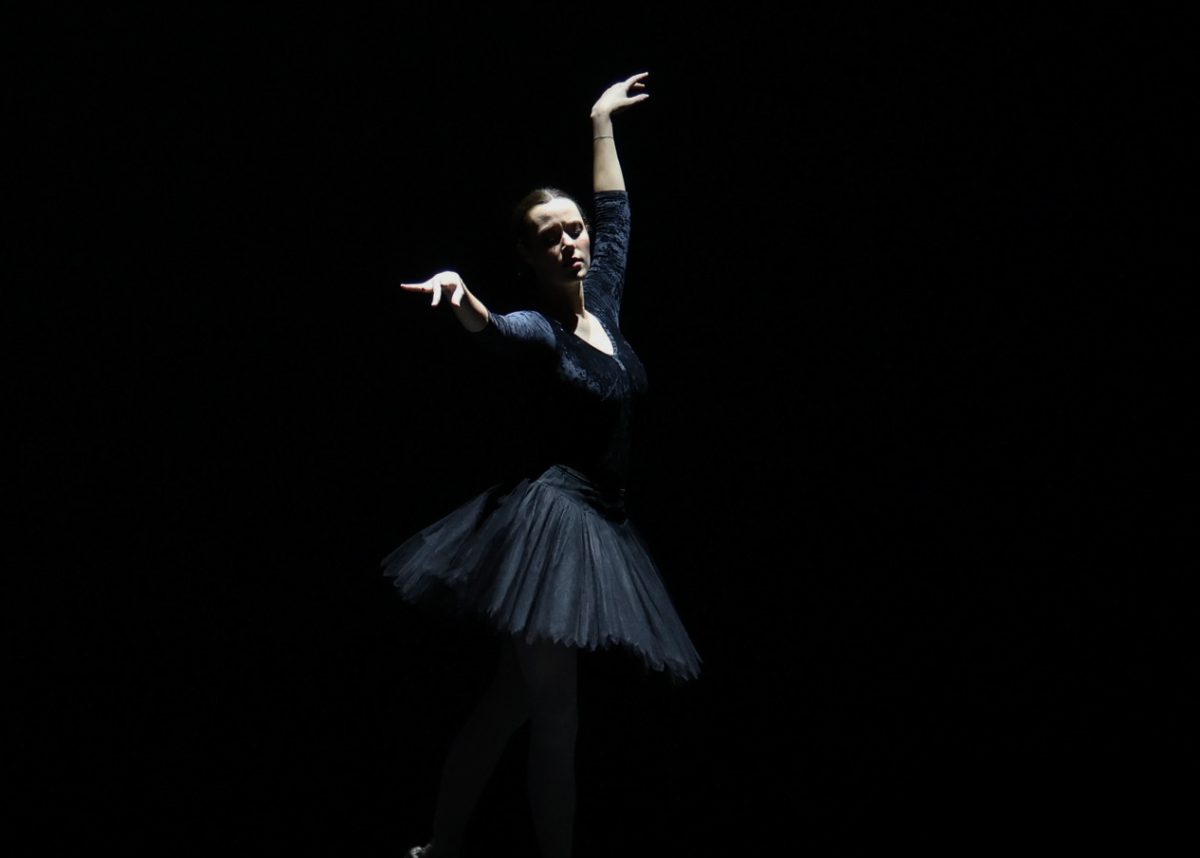Blair sat alone in a lawn chair 20 feet from the bonfire her friends built to celebrate senior prom. She didn’t feel like grabbing another Dos Equis or talking to anyone. As her friends refilled their Nerf guns and returned to the forest, she thought about what had happened just moments before.
She was drunk and had been roaming the forest with her longtime friend, who was drunk too. Their small group did all of the normal high school things together: football games, Halloween parties, prom.
So when she found herself alone with him, she wasn’t worried.
“I didn’t feel the need to be defensive,” Blair, a UT senior, said. “I felt comfortable. I was just with my friends and it wasn’t something that was new — we had drank together and hung out before. I don’t know … I guess I wasn’t as safe as I thought I was.”
He tried to have sex with her while they were in the woods together. She remembers telling him no twice, but at 6 feet 6 inches tall and 270 pounds, he towered over her. There was nothing she could do to stop him from raping her.
For eight months, she kept quiet. He was a prominent member of her friend group and his mom was a teacher at their high school. When she finally brought it up to him, he shot her down, telling her she had been drunk and was lying.
“He told me all the things I was scared everyone else would say: ‘You liked me and we were both drunk.’ ‘I didn’t hear you [say no] so I think you’re lying,’” Blair said. “So I never said anything about it after that.”
Blair grew up in a “town of misogynists” that clocked in at less than 4,000 people. She never pressed charges because she believed the people in her hometown would side with her assaulter.
Instead, she bottled it up and left. She moved to a nearby town after graduation and started drinking more frequently and sleeping around. She blamed herself for what happened that night: for drinking too much, for going into the woods, for wearing short shorts.
“I was just disgusted with myself,” Blair said. “It took me until I was 20 years old when I finally realized, ‘No, you didn’t do anything wrong. It’s not your fault. He did that.’”
After her string of hookups ended, she met Caleb, who reminded her what it felt like to be valued and cared for. He would help her gain back the self worth that had been taken from her in the woods two years before.
They got married and moved to Austin, where Blair said she experienced a huge culture shock. Caleb’s love and acceptance, combined with the sex-positive and feminist friendly atmosphere of the city allowed her to release all of the blame she had been harboring.
It wasn’t until Trump’s campaign gained traction that Blair started being vocal about her position as a rape survivor. But now, she thinks of all the women who have suffered or will suffer like she did. She thinks of her little sister back home.
“If she ever feels threatened in any way, I want to make sure she understands that it’s not her fault and that it’s safe to get help and it’s safe to call that person out for being threatening. Because I definitely didn’t have that mentality until I was 20, and that is a long time to feel like you’re not worth taking care of,” Blair said. “I don’t want her to feel that way.”





















